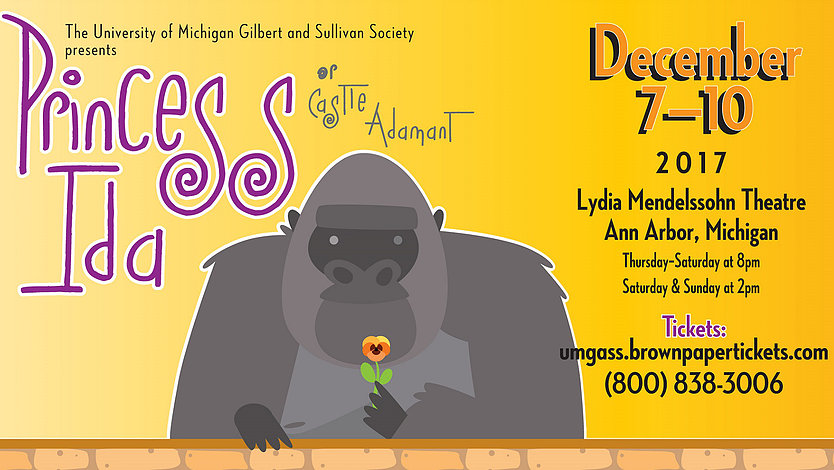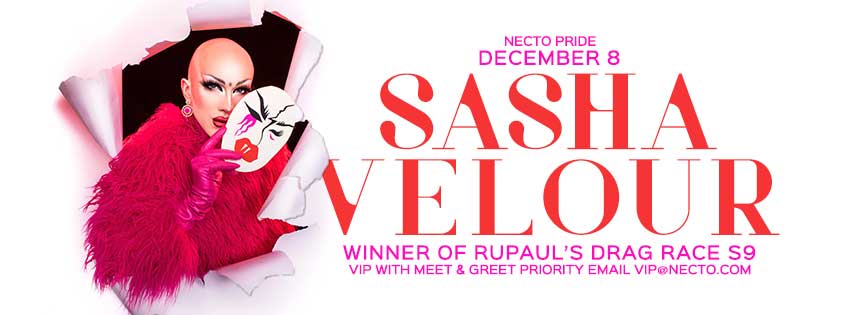halfway between was a show about relationships.
Relationships with the other dancers, with the space, with their faces and bodies and the music.
Both the choreography and the dancers themselves captivated, really illustrating the relationships central to the storylines of each dance.
The concert, a senior showcase for three BFA Dance students, began with “b r e a k,” a piece choreographed by Danielle Fattore. Although the piece was technically not a solo, Fattore was the centerpiece while the rest of the dancers served to set the scene. Despite minimal sets, the piece painted a vivid picture of a bustling city as Fattore danced down the streets, completely ignored by the rest of the crowd going about their daily business. The piece was simultaneously upbeat and cynical, the tale of a girl unknown and unnoticed.
Both “Away With It,” choreographed by Callie Marie Munn, and “Ellipsis,” choreographed by Yoshiko Iwai, utilized the entire space in unique ways. The choreography felt animalistic at times as the dancers fought each other, as if each aimed to assert dominance over their own territory. The dancers pulled off this portrayal near-flawlessly, exerting precise control over their body and movement.
The music they used wasn’t easy to dance to, but the dancers proved they were up to the challenge, staying on the beat and hitting their accents. There were a few points where, either by accident or by design, the music stopped, but the dancers handled it with grace, still moving to a nonexistent rhythm. However, at times I felt a bit of a disconnect between the music and the choreography, almost as if the music was just something on in the background while the dancers created a story, and I would have liked to see a greater bond between the music, the choreography, and the dancers.
One of my biggest complaints about modern dance is that the dancers sometimes lack expressivity, and I felt that “Away With It” and “Ellipsis” both suffered from this. They were intriguing explorations of relationships, reminiscent of a piece of performance art, but both lacked the emotion that truly pulls me into a dance. So when Munn performed her self-choreographed solo, “With It Or It,” it was a breath of fresh air to see the emotion on her face. The piece was a lot simpler than those that preceded it, but it was also the one with which I connected the most.
Munn’s two pieces in the show were “Away With It” and “With It or It.” Given the similar titles and the fact that the music she used for both dances was from the same album, I wondered if the solo was meant to be a continuation of the group dance. However, the two pieces didn’t seem similar to me and I couldn’t find a real connection between them.
“Mend,” choreographed by Fattore, was the perfect finale. The only dance in the show to a song with lyrics, “Mend” played like a theatre performance, telling the story of a night in Paris with friends. I was especially impressed by the first soloist in the piece, Kiara Williams, whose expressions truly carried the narrative. “Mend” explored many of the same themes as the rest of the show: relationships, group dynamics, and identity.
My favorite thing about halfway between is that it wasn’t mere entertainment; it made me think about themes familiar to every college student. And that’s what marks a good piece of art.
halfway between runs for one more night, tomorrow at 8 PM at the Dance Building, and if you’re looking for somewhere to be, I highly recommend this unique show. Tickets are $7 general admission at the door.











